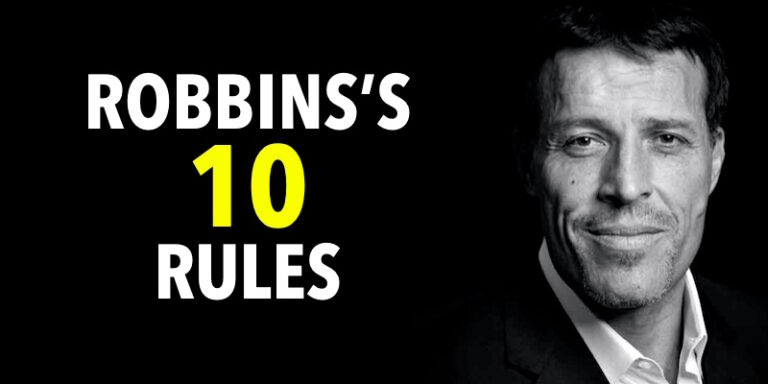Jeff Weiner has been the Chief Executive Officer of LinkedIn Corporation since June 2009. Weiner served as an Interim President of LinkedIn Corporation from December 2008 to June 2009.
He served in key leadership roles at Yahoo! for more than seven years. The CEO, who favors jeans and a perma-stubble beard, is savvy. Weiner has emerged as a full-blown digital-era management guru—and one who offers a unique blend of charismatic leadership and attention to operational details.
Here are the 10 success lessons from Jeff Weiner – “CEO of LinkedIn” for entrepreneurs,
1. Prioritize your business goals
Start with asking yourself and your team if we could only do one thing, what would it be? This is a lesson Weiner learned from Steve Jobs and practices every day. Weiner’s advice is to focus on doing fewer things, and do those things well.
2. Practice time management
Weiner carves out 2-3 hours each day to reflect, think and see the big picture. Weiner’s advice if you do not carve out at least an hour you are fitting way too much into your schedule.
3. Encourage all employees to think like an owner
Employees in a start-up must understand the business decisions they make are ones that have P&L implications. In the case of LinkedIn, this means understanding how the decisions they are making impact the company mission of connecting the world’s 640 Million professionals and making them more successful.
4. Remember To laugh
Executing on a bold vision like creating economic opportunity for 3.3 billion people around the world is tough work. So humor needs to be a part of every executive’s day. Make time to laugh with your team members. Weiner says he values his team members’ sense of humor and sometimes, on a tough day, that can trump their talent and expertise!
5. Communicate the importance of next play to your team
The faster a company grows, the more opportunity there is to experience both successes and failures. While it’s important to celebrate the successes, and reflect on a failure, you ultimately have to move on and focus on the “Next Play.”
6. The importance of repetition
The typical marketing wisdom is that it takes exposing someone to your marketing message 7 times before they respond to it. Jeff believes the same is true for any key message you want to ensure is broadly understood within the organization.
It’s thus important to constantly repeat the team’s top objectives, the decision’s that are being made, the culture you are trying to establish, and anything else you want the broad team to truly internalize. It’s equally important to drive consistency in the message, even using the exact same words to really ensure it sticks.
7. Focus on coaching over problem solving
Early in your career, success is often obtained by being successful at solving whatever problem is at hand. And this same success in problem solving is often what elevates you into a leadership role.
Yet once in leadership, the most important aspect of your role is no longer solving those problems, but instead coaching others to solve such problems. Only through successful coaching can a leader scale to lead a large organization.
8. Always demand excellence
One of LinkedIn’s values is demanding excellence. This means not simply settling for good results, but constantly aspiring to great results in each and every initiative at LinkedIn.
It means setting the bar high with each of our measurable goals and striving to exceed it. Great leaders demand excellence in every interaction they have with their team.
9. Keep putting your customers first
At LinkedIn, one of the values is simply stated as: Members First. So anytime the LinkedIn product team considers new enhancements the first question revolves around: Is this putting our members first, or is this putting the company first? “If it benefits members, it will ultimately benefit the company.
10. Culture is the collective personality of your company
Jeff also defines a company’s culture as it’s collective personality. So much of the way decisions get made, the way teams collaborate, and the attitude the company has towards it’s products, the industry, and more is defined by it’s culture.
Great leaders can not only articulate the company’s specific culture, but go on to shape the culture to enable it to be most successful. The hardest thing to change in any organization is it’s culture, but it can be done if it starts at the top and is exemplified by each of an organization’s leaders.



